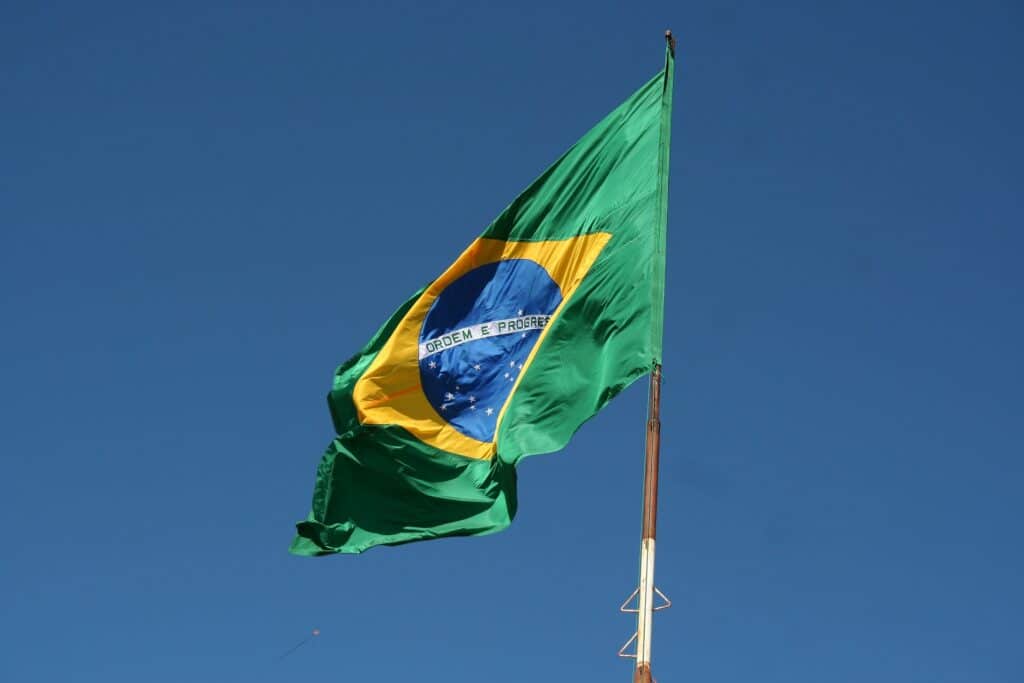La última reforma al Estatuto Aduanero ha generado controversias, principalmente por la obligatoriedad de la declaración anticipada de importación o de ingreso (en el caso de zona franca). Sin embargo, hay un tema vital que ha pasado relativamente desapercibido: la ampliación del alcance del abandono legal, creando nuevas situaciones en las cuales la Nación se vuelve propietaria de la mercancía.
¿Cuál era el alcance del abandono legal antes del Decreto 659 de 2024?
Antes de este Decreto, el abandono legal en la importación procedía cuando se vencía el término de permanencia de la mercancía en depósito (un mes prorrogable por un mes adicional) o cuando la mercancía permanecía en lugar de arribo por un término superior a un mes, contado a partir de su llegada al territorio aduanero nacional.
Además, una vez producido el abandono, el importador tenía un mes adicional para legalizar la mercancía pagando un rescate equivalente al 10% del valor en aduana de esta.
¿Qué cambió con el nuevo Decreto?
Se crearon tres nuevas causales bajo las cuales procede la declaratoria del abandono legal.
Primero, cuando no se presenta declaración anticipada, se permite la presentación de declaración inicial, pagando una sanción del 1% del valor FOB de la mercancía, hasta un máximo de 300 UVT. Cuando no se presenta declaración anticipada ni inicial, la mercancía queda en causal de abandono.
Segundo, existe la obligación de actualizar las declaraciones antes de la solicitud de determinación de autorización de pago, autorización de ingreso, otorgamiento de levante o inspección. En caso de no actualizar, procede el abandono legal de la mercancía.
Por último, la Dian tiene dos días hábiles para el modo aéreo y cinco días hábiles para el modo marítimo, a partir de la actualización de la declaración, para determinar si procede inspección. Si se requiere inspección, debe concluirse a más tardar el día siguiente a su orden, salvo justificación para un periodo mayor. Si el declarante no comparece a la inspección, la mercancía queda en abandono legal.
Lo preocupante no es solo la creación de estas nuevas causales y la disminución de los plazos, sino la eliminación de la posibilidad de legalizar la mercancía. Este Decreto establece que la mercancía en abandono por las causales anteriores no podrá ser rescatada y pasará a ser propiedad de la Nación. Esta disposición es contraria a lo pretendido por el Convenio de Kioto, que rechaza sanciones excesivas por el incumplimiento de declaraciones anticipadas, las cuales son recomendación y no exigencia de dicho Convenio.
¿Qué ocurre con las mercancías que quedan en abandono?
Este Decreto permite que organizaciones o entidades no contempladas anteriormente, tales como los Esquemas Asociativos Territoriales (EAT), cabildos y comunidades indígenas, negras, afrocolombianas, raizales, palenqueras y RROM, puedan recibir en donación las mercancías abandonadas.
Además de la donación, la Nación puede disponer de las mercancías mediante la venta, asignación, destrucción y/o gestión de residuos, chatarrización y dación en pago.
Fuente: Asuntos Legales






